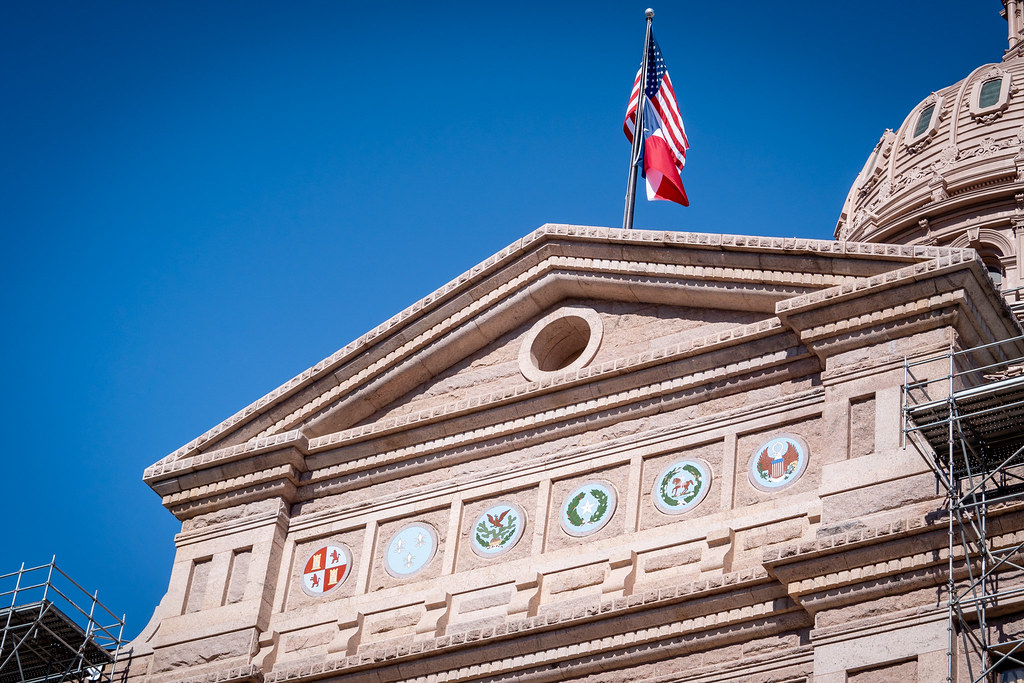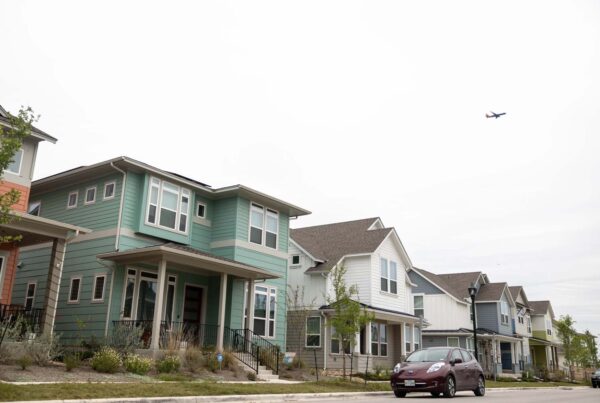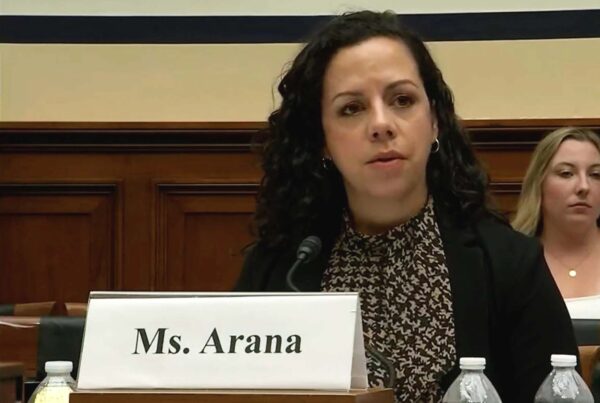The Texas Senate’s Education Committee discussed a controversial bill Wednesday, and almost 400 members of the public signed up to speak at the hearing.
Senate Bill 8 would create education savings accounts and give parents of public school students $8,000 to pay for private school tuition and other school-related expenses. More than 30 states have education savings accounts, or school voucher plans. Past efforts to pass vouchers in Texas have failed in part because of the important role school districts play in rural areas.
Bill Zeeble, a reporter at KERA News in North Texas who was monitoring the hearing, said that in addition to Senate Bill 8, several other voucher-related items were on the docket. Most of the focus, however, was on SB 8, which was introduced by Conroe Republican Brandon Creighton.
Zeeble said Creighton also introduced Senate Bill 9, which tackles school funding more broadly.
“He helped write SB 9, which would give teachers pay raises and fund schools and also says the dollars are going to come out of a general fund and therefore wanted to make sure that the education budget fully funds the public schools,” Zeeble said.
» FROM KUT: What’s at stake in the Texas school voucher debate
Creighton’s logic is that increasing funding to public schools would help counteract any funding lost when students leave public districts to go to private schools with state money, Zeeble explained.
“That’s the pro side from his perspective. On the opposite side you see potentially thousands or tens of thousands of students now enrolled in public schools flee or leave or decide to go to private school, and the money follows the student,” Zeeble said. “So there are potentially tens of thousands of students not enrolling in schools and therefore the money isn’t following them into those districts. So that’s a loss. That’s a huge loss.”
In three of the four voucher-related bills before the Senate, students currently enrolled in private school are not eligible for state funding for their tuition.
Creighton’s bill also provides payment for rural districts who lose students to private schools for the first two years after that student’s departure.
“If you are a rural school district and you lose a student who goes to a private school, you get compensated with $10,000 from state education dollars,” Zeeble said. “There has been a resistance from the rural districts in the past against vouchers, and to maybe win them over the senator’s bill says, hey, if you lose a student, we’ll compensate you with more than you would get otherwise for two years – two years only – so here’s $10,000 for you.”
Zeeble said the public comments during the hearing included arguments from both sides of the issue.
“You had a lot of arguments from homeschoolers, from private school parents, from different religious organizations who run the private schools — Jewish, Catholic — who think this could be a windfall,” he said. “And you had public school superintendents and teachers and independent school districts administrators saying this is taking money away from schools that desperately need it in a state that doesn’t fund its public schools as well or with as much money as other states fund their public schools.”
The next step will be for the Senate Education Committee to vote one of these bills out of committee, though that vote isn’t scheduled yet, Zeeble said. Then, the House of Representatives will take up the issue.










